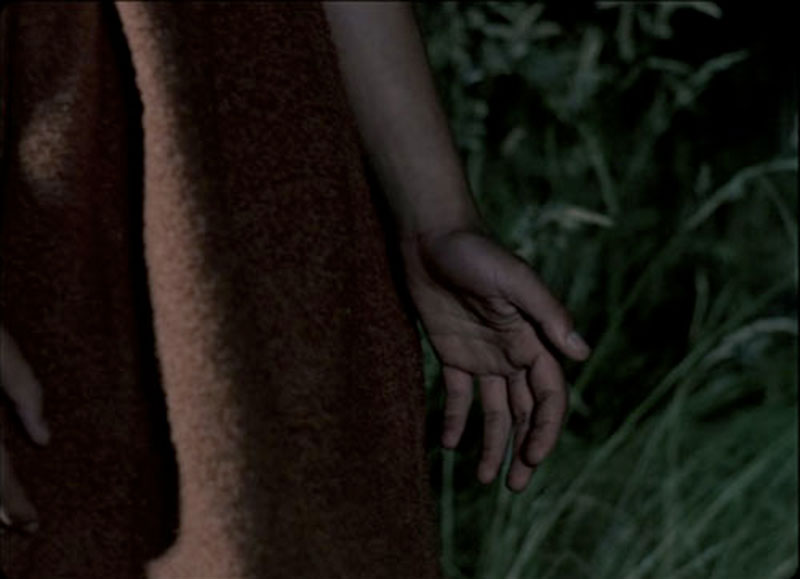From the Clouds to the Resistance
No filmmaker should make a film without it having a minimum of what Cézanne spoke about when he watched his mountain for years on end before being able, one fine day, to capture it and say, ‘Look at this mountain, once it was fire’.
The cinema of Jean-Marie Straub and Danièle Huillet is one of the uttermost concentration, capturing the whirlwind of the world in every tiny inch of matter. The sensible and the intelligible cannot be separated. That is what they have learned from Friedrich Hölderlin: the dream of the community to come is not embodied in laws and governments, but in gestures of life and forms of nature. But for there to be a community, it must be divided, and that is what they have learned from Bertold Brecht: the changeability of the world does not insist on agreement, but on its contradictoriness. Between Brecht and Hölderlin, materialism and mysticism, at once dialectical and lyrical, the films of Straub and Huillet point to an abandoned yet irrefutable truth: we do not live in the best of possible worlds. The roots of Fascism, war, injustice and resistance are revisited by way of much older dramas, recounted by authors such as Cesare Pavese and Elio Vittorini. But these texts are not more important than the people reciting them, the space they find themselves in, or the movement of light and colour shimmering through. What matters, in the end, is the sensible intensity which is always there, always in the present, affirming the enduring capacity for the construction of a new common world: a community of sense.
